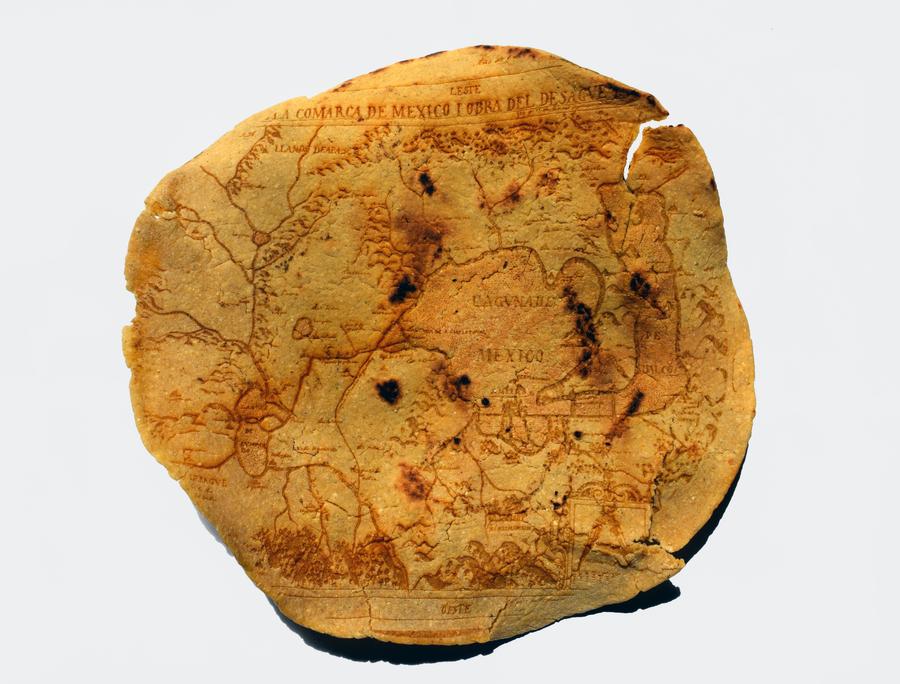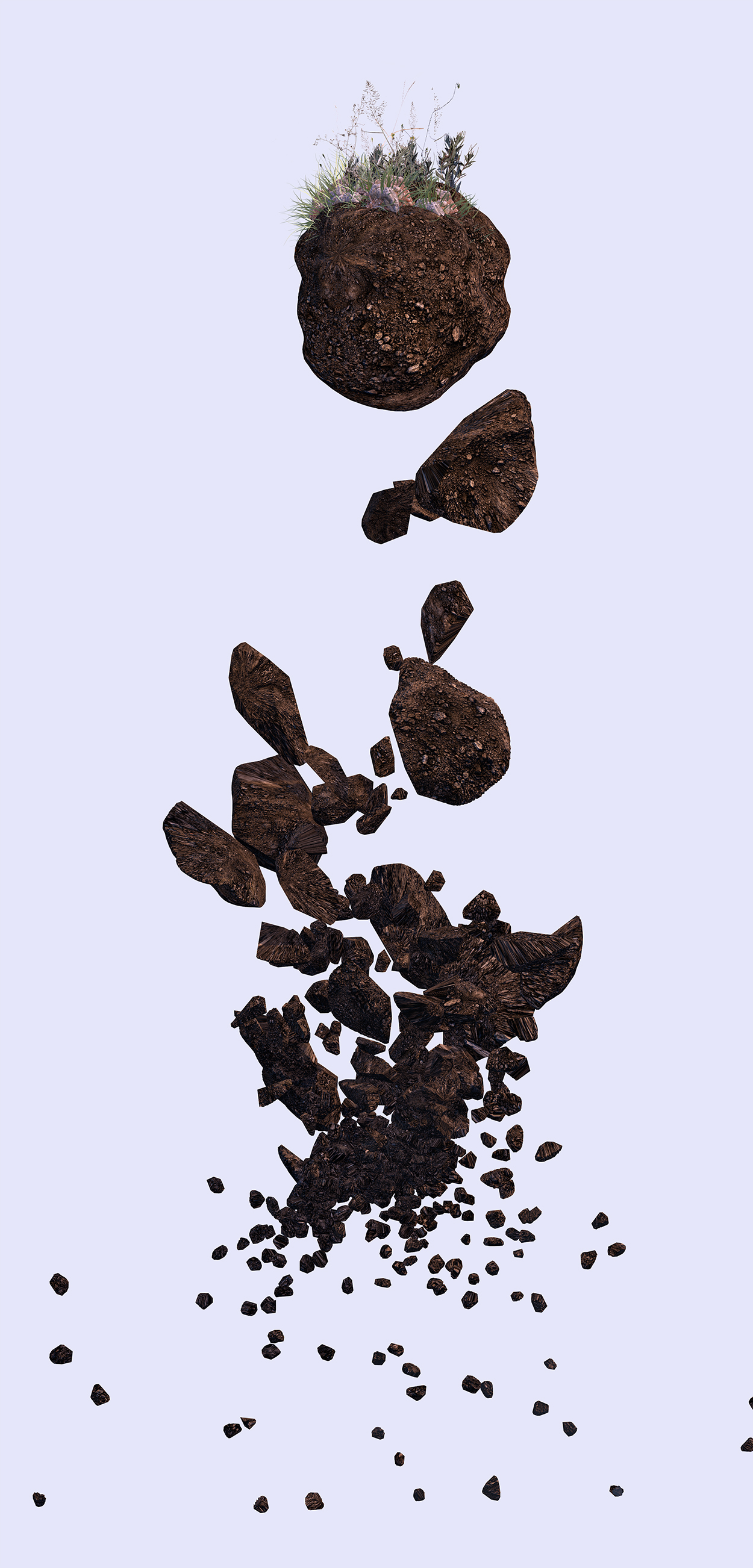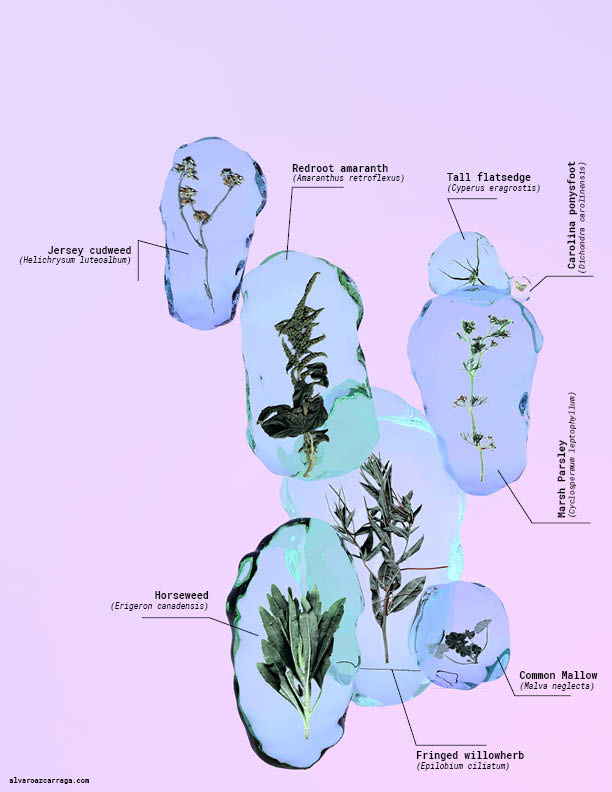Event 1 - Alvaro Azcarraga Lecture (April 9th)
Event 1: Why Maize Should Be Capitalized by Alvaro Azcarraga
Two weeks ago I attended a lecture by Alvaro Azcarraga, where he talked about many subjects related to farming and horticulture, ranging from the historical and cultural impacts of Maize to the diverse plant life that lives on its own very streets. Azcarraga started his lecture by speaking about Maize and why it should be ‘capitalized.’ He did not mean in economic terms, and actually stressed that there is a big difference between the cultural aspects of Maize and the economic side of the crop, which should be referred to as corn. The importance of Maize was made clear by Alvaro, who showed how the plant has above-ground roots that can sequester nitrogen from the environment. Not only is Maize unique in this aspect, but a disease that harms Maize called Ustilago Maydis that creates tumor growths on Maize has been studied and found to help scientists in understanding tumorous growths. According to Alvaro, these scientific discoveries surrounding Maize have even made universities such as UC Davis request patents for the plant, but there is another side to the story of Maize as well. Alvaro also illustrated to us the cultural impacts of Maize in Latin America. Maize has always been important to many indigenous peoples and has even been grown by them for over 9000 years. Not only is it used as a food source, but Alvaro showed us how people told stories on dried Maize tortillas by etching images and texts on the tortillas, called Milpas. Azcarraga’s presentation on Maize demonstrated how a plant, which is not often thought much of, can influence both the worlds of science as well as history and arts in many ways and deserves more credit for its influence on humanity than it gets.
Azcarraga also showed us his Sidewalk Herbarium, where he had collected various ‘weeds’ found along the streets and created a website detailing the histories of these weeds that are ignored by so many of us on a daily basis. Titled The Invasive Species Paradigm, Alvaro’s project was unique in how it related the worlds of history and culture with the environment. Alvaro focused a lot on the relationship between the plants we see now in our neighborhoods and the history of colonization in the United States. Made clear in his project, it is evident how weeds that get such a bad reputation in our society are sometimes less harmful than the green lawns that cover many blocks of our cities and towns. This is something that I had not thought about and really interested me, as Alvaro talked about nature is just as prevalent in a field of weeds and natural plants as it is in a strictly curated garden.
Overall, Alvaro’s presentation was highly engaging and I would recommend everyone to go check out the websites he has created that illustrate his ideas. Alvaro has connected the worlds of history, art, and ecological sciences in many ways that I had not thought about. His projects and research on Maize and Weeds have highlighted how there are so many ways that horticulture connects to our lives in aspects beyond the provision of food.
Sources:
Azcarraga, Alvaro. From Teosinte to Zea Mays. https://fromteosintetozeamays.com/. Web.
Azcarraga, Alvaro. The Invasive Species Paradigm. UCLA MFA Fall Show, https://alvaroazcarraga.com/The-Invasive-Species-Paradigm. Web.
Azcarraga, Alvaro. "Why Maize Should Be Capitalized." Pepperdine University, 09 Apr. 2021.
Katz, Brigit. "Rethinking the Corny History of Maize." Smithsonian Magazine, 14 Dec. 2018. https://www.smithsonianmag.com/smart-news/rethinking-corny-history-maize-180971038/. Web.
Proof of Attendance:
There was no email confirmation for this event since it was an open zoom, but I do have screenshots of the zoom waiting room as well as the zoom lecture below.





Comments
Post a Comment